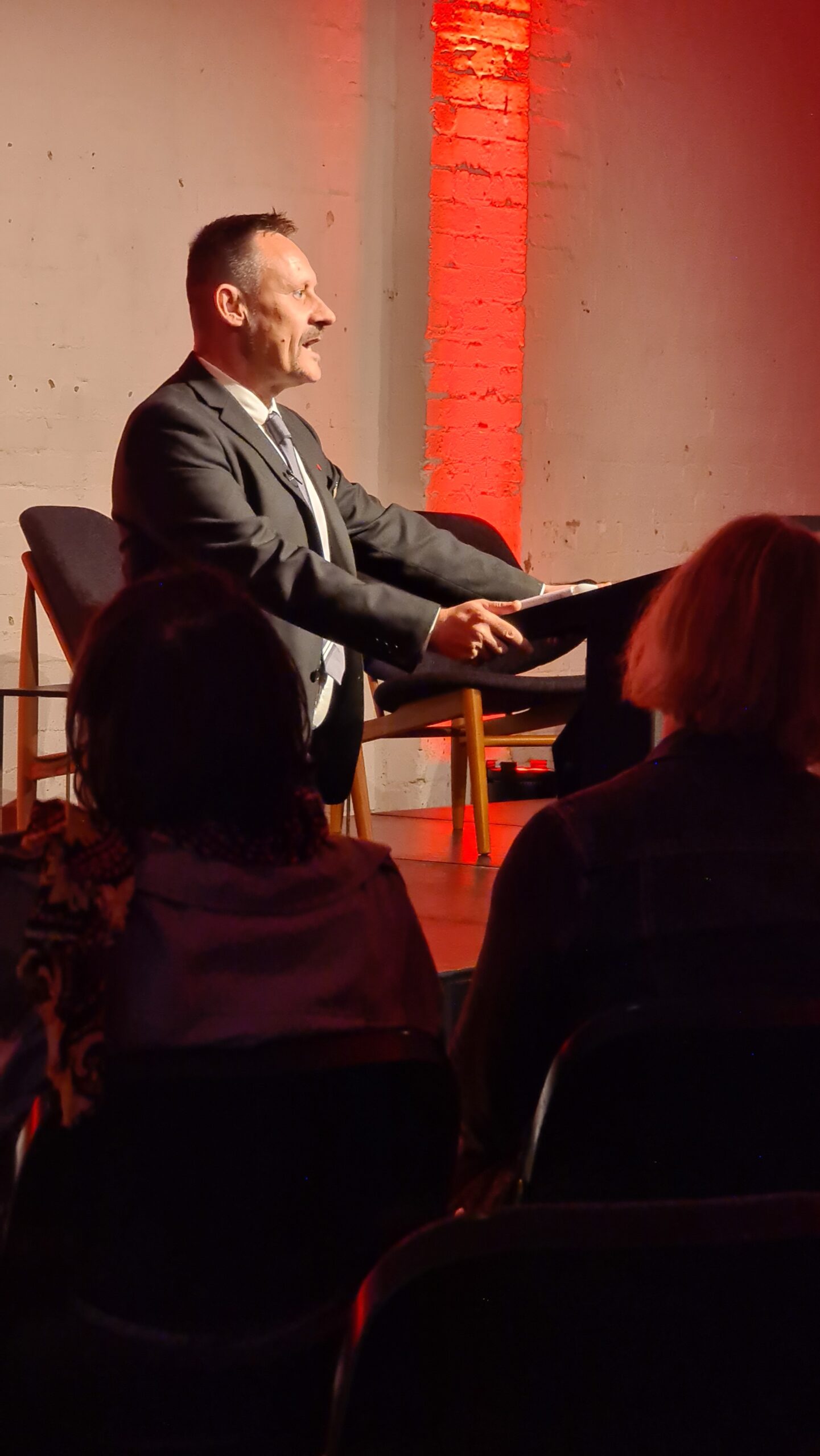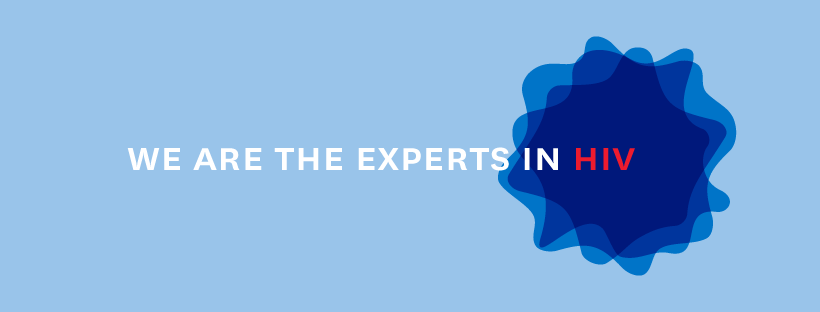From experts in HIV to experts in equity

Richard Keane is the CEO of Living Positive Victoria and has worked in the HIV sector since 1990. In this article, Richard explores the challenges and opportunities LPV faces in leading the way to HIV equity.
Australia is known for its world-class response to HIV, and the meaningful engagement of HIV positive people has been critical to this. Living Positive Victoria has advocated for and represented all people living with HIV in Victoria since 1988. We are proud to have been part of a response that has proven that HIV positive people are the experts in HIV. However, with the privilege of being involved in a world-class response to HIV, there comes a responsibility to ensure our continued response is grounded in equity. Victoria is home to one of the most culturally diverse communities in the country, and currently, more than 50% of HIV diagnoses are born overseas. The sector’s response needs to evolve to best serve the intersecting needs of its changing community. I propose such a change would require us to continue to build on our intentions for meaningful and greater involvement of people living with HIV—in which Australia has been a world leader—to focus on EIPA- equitable involvement of people living with HIV.
While as a community we continue to position and empower HIV positive people as the experts in HIV, Living Positive Victoria is also committed to becoming experts in equity. An equitable approach prioritises addressing the systemic inequalities shaping positive peoples’ access to the opportunity to live their lives to their full potential, in good health and free from discrimination. Living Positive Victoria is dedicated to leading the discussion and developing the frameworks to ensure equity is met.
One of the significant challenges we face in serving our evolving HIV positive community is improving community access to in-language information. Living Positive Victoria’s recent website redevelopment focused on accessibility and ensured we now have 14 different website translation options. However, the automated translator is not perfect, and we are still working to ensure that information around critical and complex topics, such as undetectable = untransmittable, is clear. Following our mission to enable and empower all people affected by and living with HIV in Victoria to be part of the response that seeks an end to the HIV epidemic, improving access to in-language information means developing community-led partnerships. This year, we have strengthened our current relationship with the Centre of Ethnicity and Health (CEH) by entering a new memorandum. This unique agency works to improve the health and wellbeing of people from migrant and refugee backgrounds, and this partnership will help us provide equitable access to services for migrants and refugee communities affected by HIV. Additionally, since CEH manages health translations for the Department of Health, we hope to learn from their expertise in communicating health information in the language and formats best suited to our communities. On top of our partnership with CEH, we focus our support on affiliated programs such as Positive Asian Network Australia (PANA) and Positive Latin American Network (Latinx Australia). Working alongside these networks gives us a better understanding of the needs of people in positive communities. Living Positive Victoria will soon announce our CALD working group to enable people from culturally diverse communities to direct our board on the strategic priorities of their communities and to build opportunities for equity across all programs and structures within our organisation. We are also currently developing a Reconciliation Action Plan to ensure our work with First Nations communities is intentional and equitable.
While the sharing of information—and our emphasis on culturally and linguistically diverse communities— is integral to supporting all people in Victoria affected by HIV, the critical importance of knowledge sharing extends beyond access to services and the medical management of HIV, to working towards a world where HIV positive people can thrive without stigma. Once again, this means focusing on equitable engagement for all people living with HIV. I started my engagement in the sector in 1990, working with the Prostitutes Collective of Victoria as an AIDS and Injecting Drug Use Educator. It was invigorating to work closely with a community in reaching near-elimination in HIV transmission amongst drug users and sex workers. I believe a lot of the success was due to the bold targets the community set themselves and worked towards together. Unfortunately, measuring the reduction of stigma doesn’t quite work in the same way. And while an HIV-positive led response was integral to reducing transmission, a broader social response is required to address stigma. In contrast, the burden of addressing stigma and discrimination currently falls on people living with HIV. Foregrounding equity means strong advocacy and leadership to extend U=U into the broader context to adequately address how stigma shapes the systematic inequalities experienced by positive people.
Understanding how HIV stigma is still present or enacted across health, housing, education and legal sectors means knowing how it is shaped or experienced by people with intersecting experiences. An equitable response to HIV stigma considers the intersections of gender identity, cultural identity, ethnicity, age, sexual orientation, disability status, residential location and housing and economic status.
I feel lucky to have spent the last thirty years working alongside other positive people to continue to build a world where HIV positive people can flourish. As leaders and partners in addressing the HIV epidemic, HIV positive people have reclaimed the idea of expertise. Now, in response to the evolving needs of our community and the endurance of HIV-related stigma, Living Positive Victoria is committed to becoming experts in equity.
I encourage all people living with HIV and our allies to consider membership with Living Positive Victoria, to continue strengthening the Victorian response and ensuring your participation helps us to address the needs of emerging communities and supports all people living with HIV across their lifetimes.
A donation to our organisation’s FLIP fund can also assist those most vulnerable at the margins of the response who may be suffering from food, housing and employment insecurity. Your donation will not only keep people connected to our community but also to care and support which has a direct impact on improving longer-term quality of life outcomes for people living with HIV.
